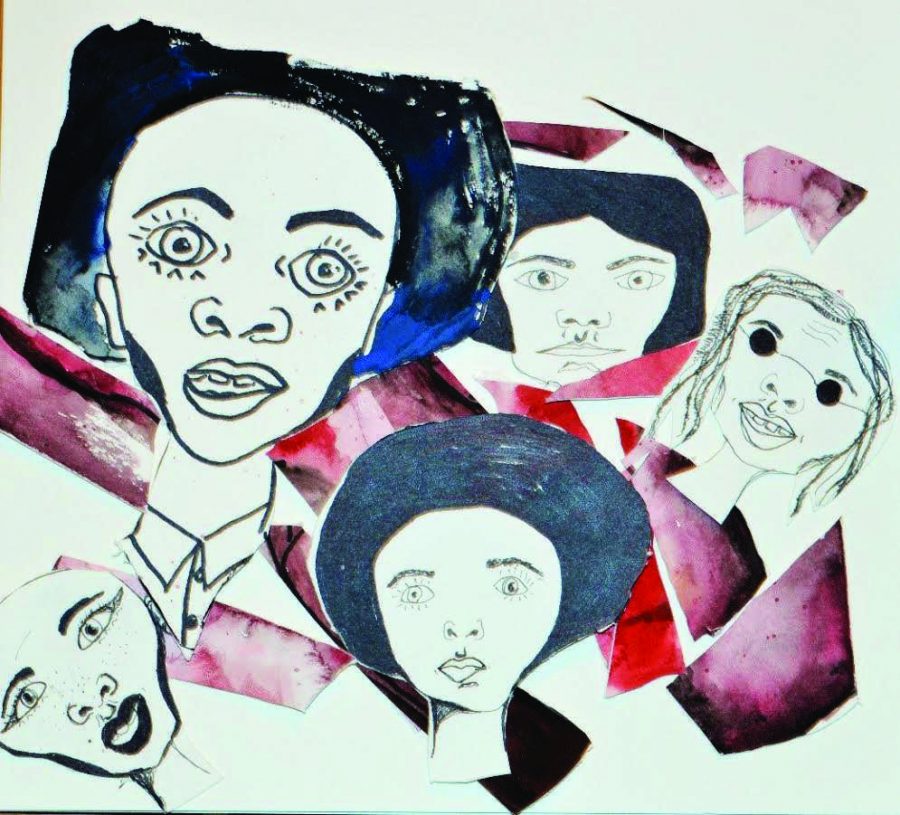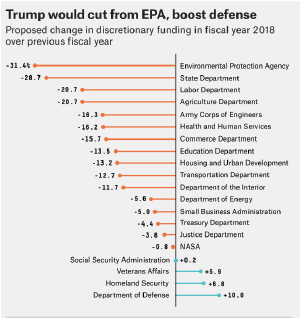By Kara O’Leary
Contributing Writer
Despite crowds of angry protesters, the MBTA Fiscal and Management control board voted unanimously on Monday, March 7, to raise fares once again.
On July 1, 2016, the average fare throughout the system will increase by about 9.3 percent over existing prices. However, the new costs will vary depending on the mode of transportation.
The standard price of one ride on the commuter rail will increase from $2.10 to $2.25. Many of the local bus fares will increase by 10 cents. The inner harbor ferries will increase from $3.25 to $3.50 per ride.
These changes are predicted to result in about $43 million in new revenue by 2017.
So what will the MBTA do with the extra cash? The Board voted to put all increased fare revenue into a “lock box.” This lock box will fund investment in capital improvements which will deliver short-term improvements to the public. A two-thirds vote from the fiscal and management control board is required to use any funds for a purpose other than the original intent.
Lock box funds will total approximately $43 million in 2017 and $25 million from 2016 operating budget savings.
A new transfer policy will reduce fares for multiple stage trips. This means that the new MBTA transfer policy has now been expanded to allow free transfers from bus to commuter rail to bus, benefiting people who need to take multiple modes of transportation in one continuous trip.
It may seem as though the MBTA raises fare prices every year, but this most recent increase will not go into effect until Jan. 1, 2019. So although the commuters of Boston are likely to continue to see delays and disabled trains, they will not see another fare increase for 2.5 years.













